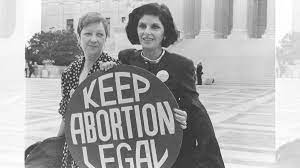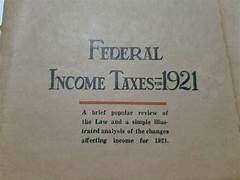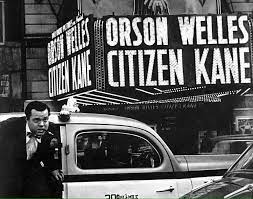ChatGPT
The landmark Supreme Court case of Roe v. Wade, decided in 1973, stands as one of the most consequential legal rulings in the history of the United States. This decision fundamentally altered the landscape of reproductive rights, establishing a woman's constitutional right to choose to have an abortion.
The case originated in Texas, where a woman using the pseudonym "Jane Roe" challenged the state's restrictive abortion laws. Under Texas law, abortion was illegal except to save the life of the mother. Roe, a pregnant woman, sought an abortion but was unable to obtain one legally due to these stringent regulations. She filed a lawsuit against Henry Wade, the district attorney of Dallas County, arguing that the state's abortion laws were unconstitutional.
The central issue before the Supreme Court was whether a woman had a constitutional right to choose to terminate her pregnancy. The Court, in a 7-2 decision, ruled in favor of Roe. The majority opinion, written by Justice Harry Blackmun, recognized that a woman's right to privacy encompassed the decision to have an abortion. The decision established a three-trimester framework: during the first trimester, the state could not regulate abortion; during the second trimester, it could regulate for the mother's health; and in the third trimester, the state could regulate and even prohibit abortion except when necessary to protect the life or health of the mother.
Roe v. Wade marked a significant departure from previous legal precedents and ignited a fierce and enduring debate over the moral, ethical, and legal aspects of abortion. The ruling acknowledged that the right to privacy, implicit in the Due Process Clause of the Fourteenth Amendment, extended to a woman's decision to terminate her pregnancy. This decision was a critical step towards recognizing women's autonomy over their reproductive choices and their right to control their own bodies.
However, the ruling did not put an end to the contentious debate over abortion rights. Instead, it intensified it. Anti-abortion advocates, often aligned with religious and conservative groups, vehemently opposed the decision, leading to a protracted struggle that continues to shape American politics today. Over the years, there have been numerous legal challenges and attempts to modify or overturn Roe v. Wade, reflecting the deep ideological and cultural divides surrounding the issue.
The decision's impact also extended beyond the legal realm, influencing public opinion and political discourse. Abortion became a central and polarizing issue in elections, with candidates often staking out clear positions based on their stance on reproductive rights. The case's legacy is evident in the ongoing battles over abortion access, the nomination and confirmation of Supreme Court justices, and the broader struggle for gender equality and bodily autonomy.






